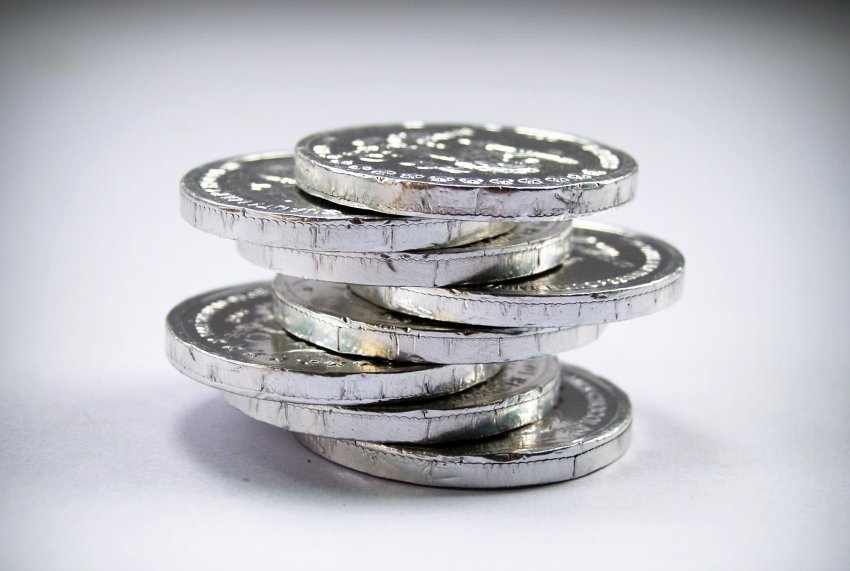How to Save Money Responsibly?
Each of us would like to have a peaceful and dignified future. At the same time, not all of us earn equally good money. Fortunately, we're able to save regardless of the amount of our income. Always deposit a part of your salary in a savings account, establish a realistic timeframe for your long-term goals and keep track off your budget – it's a shortened recipe for financial success. Read our tips on how to save money responsibly and bring them to your everyday life!
1. Automate saving process
Arrange a portion of each income to go directly into your savings account. It will minimize the stress connected with deciding how much money should you keep for your needs every month. The automation of this process is the best possible option. Set up an direct deposit scheme as soon as you can, stick to your goal and get the maximum benefit.
2. Beware of new debts
Of course, it's easy to say – some debts are unavoidable for most people, like a loan to buy a house or to co to college. In general, you should avoid accumulating new debts. In the long run, to pay a money up-front is always cheaper than paying off a loan. At least try to pay some amount of money at once. As most banks states, your debt payments shouldn't exceed 10-20% of your pretax monthly income.
3. Set your saving goals
If you want to save efficiently, you have to know what you are saving for. It'll provide you inspiration and motivation to stay responsible. Set only such goals that are actually reachable. In more serious cases (retirement, buying a house) you'll have to make a research about the predicted future state of financial market and monitor your progress. Establish a reasonable time-frame and stick to it.

4. Keep a budget
Everyone can commit to ambitious saving goals, but not everyone is capable of keeping track of everyday expenses and actually becoming successful. To achieve satisfying results, you have to track your financial progress. Try to prepare a budget at the beginning of the month. If you take all of your major expenses into consideration, you won't loose money for unnecessary things. Think about your rent, housing/internet payments, loans, food, transport, healthcare, shopping, luxuries, and – of course – savings.
5. Record all expenses
Keep a tally of your each month spendings. It'll help you identify problematic areas and change your harmful habits. Pay attention to every detail – minor expenses may turn out to be the most significant. Carry a small notebook with you all the time, save the receipts and record every single expense. Once a week or a month enter this data into a special computer program or a larger notebook. Downloading a phone app might be helpful too.
And a few more tips to get it right:
- make stock market investments cautiously – you have to stay prepared that all the invested money might be lost,
- double check all your payments – ask for receipt and print your bank account statement to get sure that no one overcharges you,
- don't split an unequal bill in half,
- consider contributing to a retirement savings account,
- start to save money as soon as its possible – saving accounts accumulate money at a set percentage rate, so the longer you do it, the more you earn!











